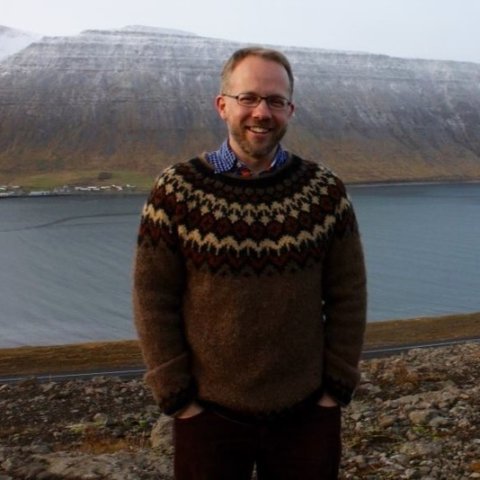Here below you can find all master courses the University Centre offers. All courses are taught in 1-3 week modules running from August through June. See how the courses are organised in the teaching schedule for both programs. Usually 2-3 courses are taught at the same time, but students may only enroll in one course at a time.
The master courses are available to you whether you plan to pursue a degree or just take a course or courses. Please review the options for guest studies to determine how you can apply.
For further information, contact the Administrative Director of Education and Teaching.
Data Analysis and Interpretation
- Spring 2024
- Next course: 05. February - 16. February 2024
- CMM/CRD Elective Course | 4 ECTS
- Course:CRD25
- Instructors: Dr. Brack Hale / Dr. Matthias Kokorsch
About the course
The purpose of this course is to provide students with the basic requirements and tools for analysing quantitative and qualitative survey research. This course builds on real life examples from the field of Coastal Studies and students conduct a small research project, which includes data analysis and interpretation of the results. During the qualitative segment of the course, a broad range of statistical methods using the R environment are covered, including descriptive statistics, common parametric and nonparametric statistical tests, regression analysis and generalized linear models. During the qualitative segment of the course, the analysis of interviews and texts is covered, introducing the software MAXQDA.
Fundamental concepts of research, such as validity and reliability, and the importance of data visualization (tables and figures) are discussed. Students conduct a small research project, which includes data analysis and interpretation of the results.
Instructors
is the Academic Director of the Coastal and Marine Managment program at UW.
Brack holds a Ph.D. in Land Resources from University of Wisconsin-Madison, a M.E.M. degree in Water Resources from Duke University, and a bachelor's degree in Comparative Area Studies from Duke University. He is full professor of Biology and Environmental Science and division chair of the Division of Environment, Math, Psychology, and Health at Franklin University Switzerland.
Dr. Hale has extensive experience in academic administration, curriculum development, teaching, quality assessment, as well as leadership and management. Coming from a small and highly international institution like Franklin University Switzerland.
Brack Hale has been engaged in various collaborations with UW during the last ten years and has brought student groups to Iceland since 2010, both to the Westfjords and other parts of Iceland, and has spent a semester on sabbatical at the University Centre in 2017.

is the Academic Director of the Coastal Communities and Regional Development program at UW.
My main current research interests include community resilience, regional development, particularly in sparsely populated regions, structural changes of old-industrial areas, and resource management in combination with aspects of justice and decision-making processes.

Learning outcome
On completion of the course, a student:
- can evaluate qualitative and quantitative data in order to apply and discuss findings
- can apply a broad range of statistical methods
- can analyse interviews and texts with relevant tools
- can plot data and create meaningful graphs in a format that is publishable
- can interpret and discuss results from qualitative and quantitative data analysis